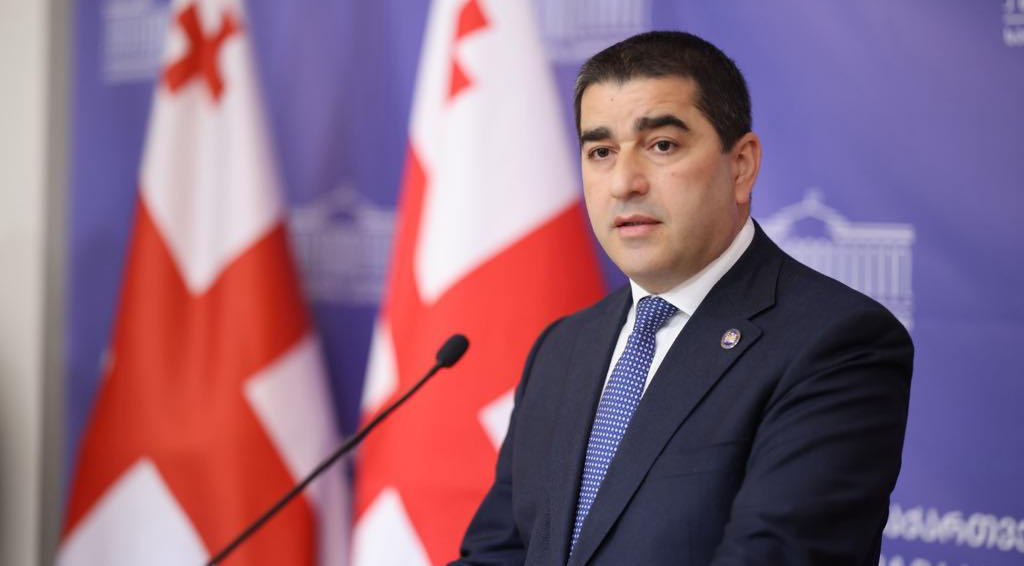This article from InterpressNews discusses the conclusion of the OSCE/ODIHR (Organisation for Security and Co-operation in Europe/Observatory for Democracy, Elections, and Democratic Governance) report on the recent parliamentary elections in Georgia. The report has debunked several key lies and claims made by radical parties, NGOs, and presidential candidate Salome Zurabishvili regarding the election process.
The five main lies that were exposed include:
* Falsification or manipulation of voting, counting, or protocol preparation processes
* Discrepancies between population numbers published by Statistics Georgia and the number of voters determined by the Central Election Commission (CEC), which were falsely used to suggest the insertion of non-existent ballots
* Duplicate voter lists and “one person casting 17 votes”
* Russian interference in the elections
* Leaked marking on ballots, which was claimed to invalidate 90% of precincts
The OSCE/ODIHR report concluded that there were no significant issues with the election process, and their observations did not record any such occurrences on the reverse side of the ballots. The report identified other main factors as risks to the secrecy of the vote, such as improper placement of ballots by the voter, large numbers of people at polling stations, and the internal setup of the precinct.
The article also mentions that this is the eighth election since 2012 that the radical opposition has declared to be falsified, despite a record number of local and international observers at the polling stations. The opposition had a total of 24,000 commission members at polling stations, with only eight registering a differing opinion during the preparation of the election protocols.
The article concludes by saying that this is a watershed moment where any harmful speculation regarding the integrity of the elections should come to an end. The opposition has received the share of power and the number of mandates that the Georgian people deemed necessary, and it is time for them to stop attacking Georgian democracy from abroad and recognize the will of the Georgian people.
Overall, the article presents a comprehensive account of the OSCE/ODIHR report’s findings and its implications for Georgian politics.




